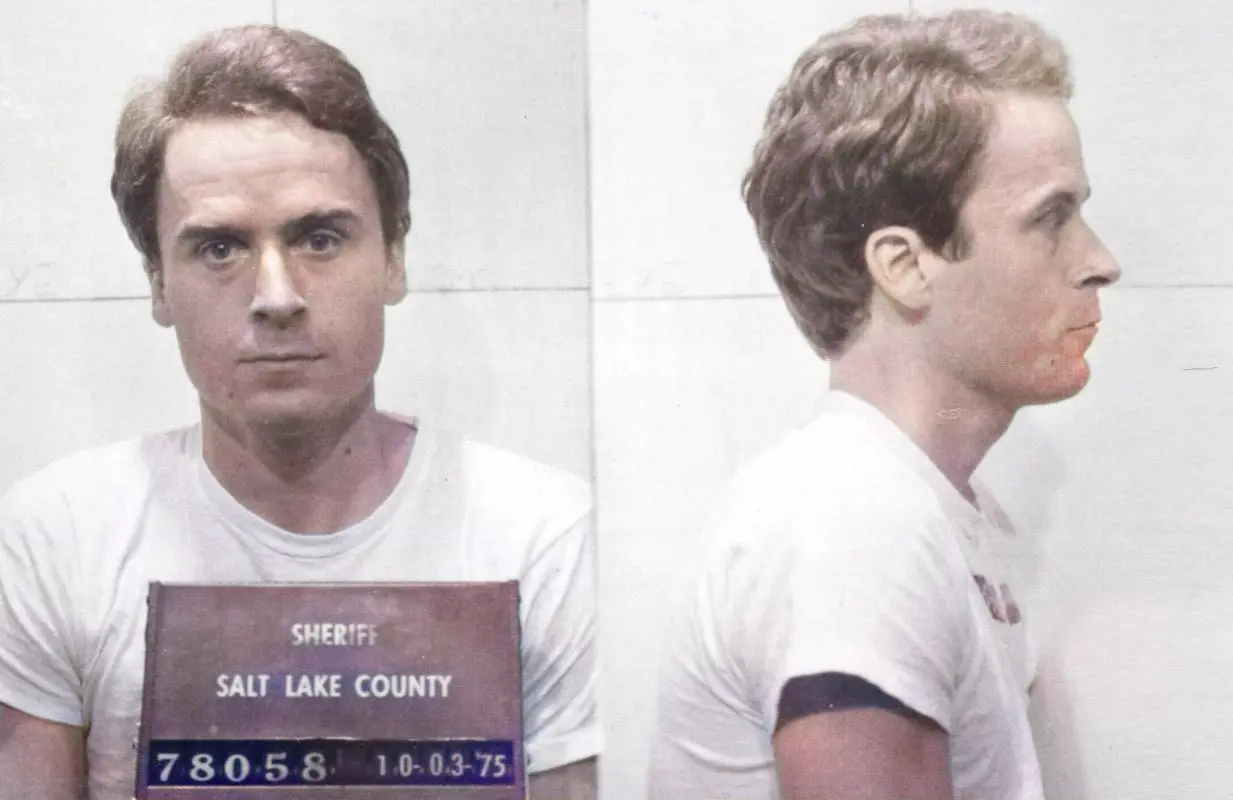HBO's Crazy, Not Insane Explores Why People Kill
-
 Dr. Dorothy Otnow Lewis, the subject of HBO's Crazy, Not Insane has interviewed upwards of 200 murderers for her work, including Ted Bundy and many of his family members.
Dr. Dorothy Otnow Lewis, the subject of HBO's Crazy, Not Insane has interviewed upwards of 200 murderers for her work, including Ted Bundy and many of his family members.The editor-in-chief of the daily newsletter Best Evidence, Sarah D. Bunting knows a thing or two about true crime. Her weekly column here on Primetimer is dedicated to all things true crime TV.
Crazy, Not Insane begins with its subject musing, "My regret is that nobody had a chance to study" Hitler, and ends with her positing that "maybe [Ted] Bundy was right," which should give you a pretty good sense of the world in which Dr. Dorothy Otnow Lewis operates. Lewis, a forensic psychiatrist, has dedicated her career to the study of murderers and their motives.
She's a fascinating subject, and although not a perfect film, HBO's latest documentary from Alex Gibney (Enron: The Smartest Guys in the Room, Going Clear: Scientology and the Prison of Belief) tries to focus not on how a person went about committing a crime, but why they did it. The end result is unsettling, and even nauseating at times, especially when it explores serial murderers who suffered horrific physical and sexual abuse as children, confronting the viewer with not just particularly grisly case details, but shocking childhood traumas, as well. Lewis shares hypnosis sessions she recorded with a number of clients, and while those sequences occasionally drag, they also occasionally send a chill up the spine. To be certain, Crazy, Not Insane isn't a documentary to gather 'round the DVR for with the family.
It also struggles a bit from a lack of focus. Sometimes it's about Lewis's career, how she arrived at it, and its effect on her family; at other times it's about the distinguishing feature of that career — her reputation for assessing serial killers and other death-row inmates with dissociative disorders that might better explain their vicious acts; and at other times still, it's about disagreements within forensic psychiatry about dissociative identity disorder ("multiple personalities," colloquially).
For the most part, Gibney seems to want to stay with Lewis, and it's not a bad instinct — she has a directness and a warmth that might remind you of Barbara Barrie, and she's good at describing diagnoses for the laypeople in the audience. The line she uses to scold Bill O'Reilly for his and his audience's death-penalty bloodlust is an all-timer: "Evil is a religious concept; it's not a scientific concept." The film could use a more defined angle, a hook for why it's about her and her quest to understand the Shawcrosses and Bundys of the world. She tells a story about the last meal of a cognitively challenged man before his execution that makes it clear he didn't understand what really awaited him in a meaningful way, and that narrower focus — on the criminalizing of mental illness and intellectual delays, especially in populations of color — might have made the film feel more cogent.
Still, even a flawed Alex Gibney production is worthwhile. Given how many other projects he's had on the go this year alone — an episode of The Innocence Files, his upcoming Tiger Woods doc, the Russian-election-interference doc, the COVID doc — it's understandable if Gibney looked at the material he had here, decided an approachable subject and exclusive access to notorious murderers' hypno-analysis could carry a feature, and edited it together without too many second thoughts. He smartly throws in tasteful animated re-enactments of some jailhouse sessions, and periodic voiced-over readings (by Laura Dern!) of Lewis's case notes. It isn't poorly made, and it doesn't feel like homework. It does at times feel like a missed opportunity.
That observation from Lewis I reference up top, where she says that maybe Ted Bundy was right? She was talking about a comment Bundy made about which aspect of his crimes, and crimes like his, we care about as a society — that we care more about the gory details of what murderers do than the complicated whys, which might not separate us as definitively from them as we'd like to think. Lewis asks Gibney at one point, "Don't you ever wonder why you don't murder?" Gibney answers firmly that he does wonder about that; Crazy, Not Insane implies that Lewis has, if not THE answer, then AN answer. But we don't quite get to hear all of it.
Crazy, Not Insane premieres on HBO November 18th at 9:00 PM ET
Sarah D. Bunting co-founded Television Without Pity, and her work has appeared in Glamour and New York, and on MSNBC, NPR's Monkey See blog, MLB.com, and Yahoo!. Find her at her true-crime newsletter, Best Evidence, and on TV podcasts Extra Hot Great and Again With This.
TOPICS: Crazy, Not Insane, HBO, Alex Gibney, Dorothy Otnow Lewis